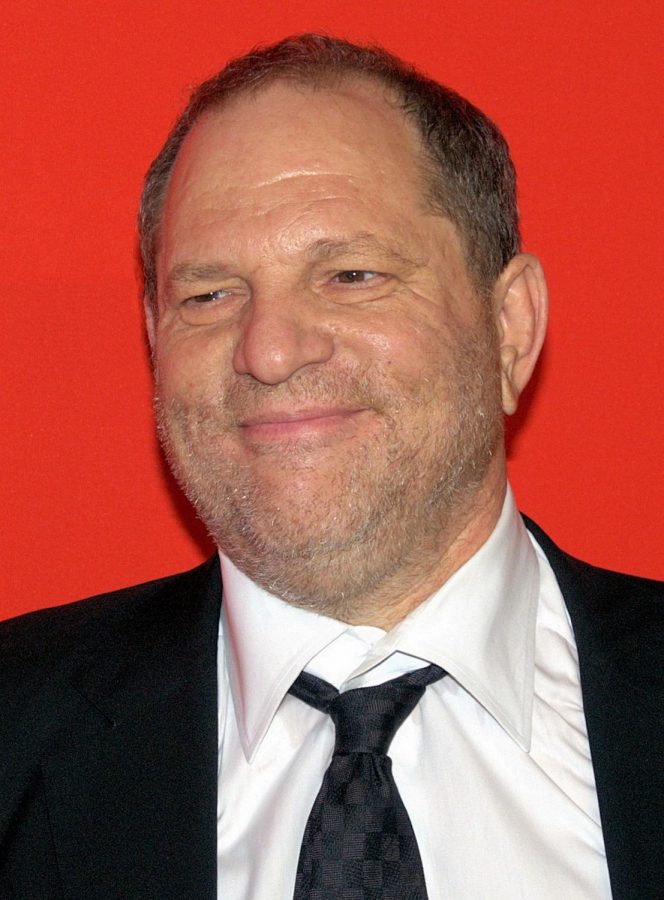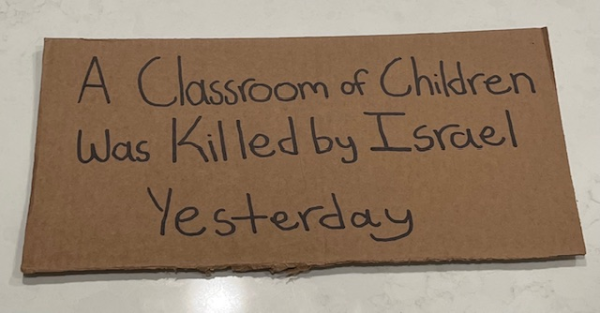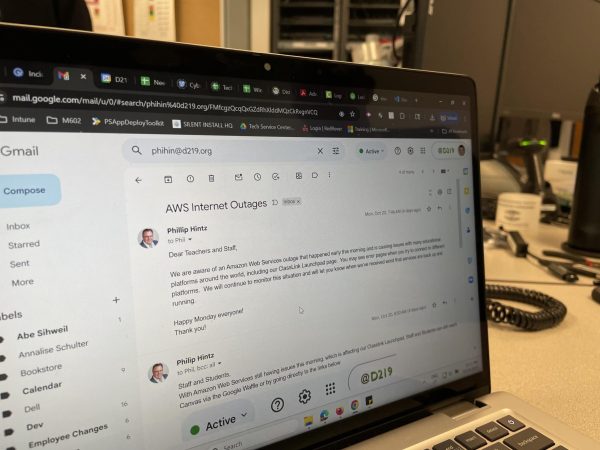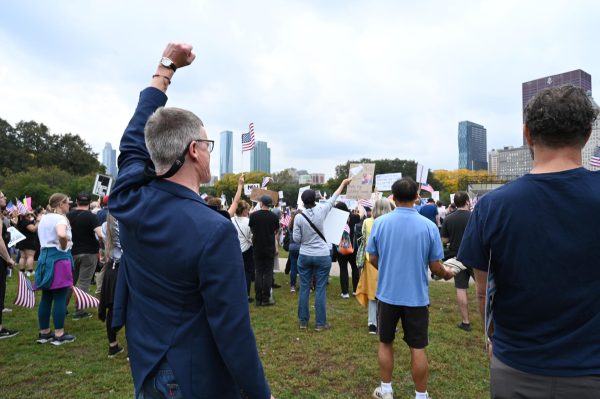Allegations of Misconduct Against Harvey Weinstein Spark #MeToo Movement
After a New York Times Article exposing the sexual harassment caused by highly-accredited producer Harvey Weinstein was published in early October, large sums of former victims have been coming forward to tell their stories of sexual assault and abuse. Over 50 women have already addressed their personal experiences with Weinstein, while other abusers are also being targeted for their previous wrongdoings.
Allegations pertaining to Weinstein have been around for decades; despite this, most of the stories were kept silent due to Weinstein’s Oscar-winning, successful career. The NYT investigative piece produced an accountability record documenting former actresses recounting Weinstein’s abuses of power and coercion of women into sexual encounters. Five days after the story broke, Weinstein’s spokeswomen read a statement in which Weinstein “unequivocally denied” any allegations of nonconsensual sex.
“Weinstein should be held accountable and put behind bars,” Perrin said. “The fact that this well-known man has been using power to abuse women in showbiz for multiple years is terrible and it cannot, and will not, happen again if he pays for his wrongdoings. It’s not just Weinstein that has been accused. Multiple other men in showbiz have also been accused by multiple women, along with other men as well, so it’s important that we recognize this problem and put an end to it by shutting down the lives of the people who commit these crimes.”
Though abuse in Hollywood is an unfortunately common story, Patti-Anne Ford, the Director of Fine and Applied Arts at West, believes that similar levels of abuse don’t pertain solely to Hollywood and that sexual harassment and abuse can be exhibited in many different professions.
“I think [this happens] in every field. I think if you ask any female if she has been sexually harassed, she’s going to say, ‘Yes,'” Ford said. “I know all of my friends, whether they’re professionals or stay-at-home moms, can speak to this. I know in high school this happens. I know in junior high this happens. You know, sexual assault when you’re younger can be the way someone looks at you inappropriately, and you notice that.”
With these sudden rising accounts of previous sexual misconduct, actress Alyssa Milano began an internet movement with the usage of the hashtag “#MeToo”. She tweeted her followers to respond with the words “Me too” if they had also been victims of sexual assault in an attempt to showcase the full magnitude of the problem; since its formation, the hashtag has begun to service a multitude of purposes. It has not only provided support for the majority of women speaking out about Weinstein and other women finally addressing other situations of abuse, but it has also given victims a healing opportunity.
“I think the one responsibility we have as survivors — once we get to a place where we can — is to create an entry point to healing for other survivors,” Milano said. “For years, I couldn’t figure out what that would be for me and then ‘Me too’ became that thing.”
According to Twitter, the #MeToo hashtag has been used 825,000 times since noon this past Sunday. Similarly, Facebook has acquired large sums of individuals using the hashtag, with 4.7 million people throughout the world joining “Me too” conversations in merely 24 hours. The usage of the hashtag has displayed no signs of slowing down.







